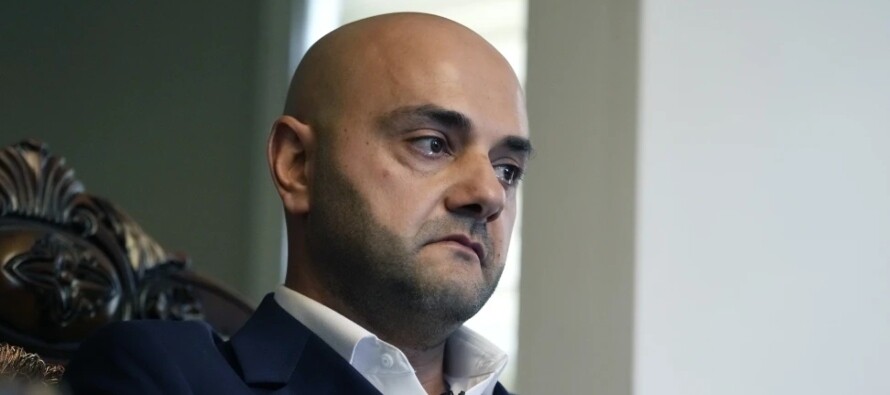
A group of Arab-American leaders met at a Lebanese restaurant near Detroit to discuss the lack of action from the Democratic Party regarding the situation in Gaza. During the meeting, various opinions were expressed, including disappointment over the lack of commitment to the issue of genocide.
One participant, Assad Turfe, expressed his support for Vice President Kamala Harris, mentioning the importance of having someone who understands and gives voice to the pain of the Arab community. However, others voiced their dissatisfaction with Harris's lack of concrete proposals to address U.S. policy toward Israel and Gaza.
During a campaign rally in Michigan, Harris was interrupted by pro-Palestinian protesters, highlighting the divisions and complexity of the situation. Despite Harris's attempts to address the conflict in the region, some local leaders expressed skepticism and concern about the political impact her stance could have.
Harris's backing from Arab-American leaders has generated controversy within the community, with divided opinions on whether to support the Democratic candidate or seek other options. Concerns about the consequences of a possible return of Donald Trump to the White House also influence these voters' decision-making.
In an attempt to address the concerns of the Arab-American community, Harris has sought the support of local leaders and emphasized the importance of their backing to win the elections. However, the lack of concrete actions and specific proposals has sparked an internal debate about the true extent of Harris's commitment to the Arab community.
Amid these divisions and tensions, Arab-American leaders in Michigan face a difficult decision regarding their vote in the presidential elections, whether to support Harris despite the criticisms or consider other options. The community stands at a political crossroads, grappling with the dilemma of punishing Harris for her current stance or supporting her in an attempt to influence future political decisions.











